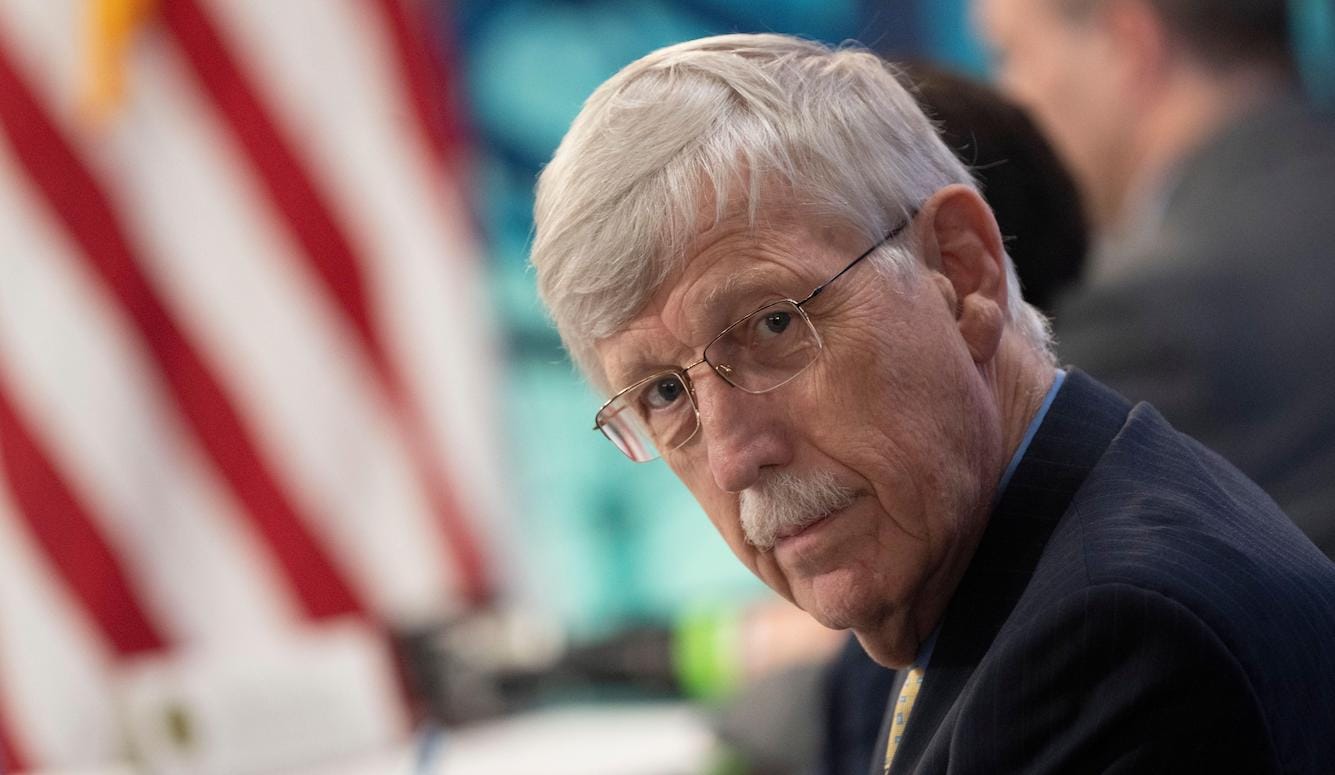Religion
Religion: A Bad Prescription for America
Though faith may provide comfort to some, it cannot produce reliable facts about nature that can be used to repair a divided populace.

A review of The Road to Wisdom: On Truth, Science, Faith, and Trust by Francis Collins; 288 pages; Little, Brown, and Co. (September 2024).
Francis Collins is one of the most prominent and influential scientists of our era. He has done pioneering research in medical genetics and led both the Human Genome Project and, for twelve years, the National Institutes of Health (NIH). Collins also played an important but controversial role in dealing with the COVID pandemic, in which his substantial achievements in promoting new vaccines were somewhat overshadowed by his attempts to discredit critics who suggested that the coronavirus escaped from a lab in Wuhan.
Still, Collins’s scientific credentials are impeccable. What sets him apart from many of his scientific peers, however, is his fervent embrace of religion. A committed evangelical Christian, Collins embodies the claim—one I’ve disputed elsewhere—that science and religion are perfectly compatible and even represent complementary ways to discover truths about the universe. This is his second book on the subject. The first, The Language of God: A Scientist Presents Evidence for Belief, describes how he came to Christianity and gives the evidence that, he says, convinced him that his faith is true.
While much of the Road to Wisdom reprises the arguments of the earlier book, this new one takes things a bit further. Collins is deeply concerned about the divisions in American society highlighted by the last presidential election, by people’s inability to have constructive discussions with their opponents, and by our pervasive addiction to social media and its “fake news”; and he believes that accepting a harmony between religion and science will yield the wisdom that can mend America.
Collins offers four “sources of wisdom,” defining “wisdom” as not only “an understanding and incorporation of a moral framework,” but a way to discern truth and make good decisions in difficult situations. Each of the sources occupies one section of the book, and together they are prescribed as a form of social superglue: “The goal of this book is to turn the focus away from hyper-partisan politics and bring it back to the most important sources of wisdom: truth, science, faith, and trust, resting upon a foundation of humility, knowledge, morality and good judgment.” These soothing words are well meant, but in the end Collins’s thesis amounts to a jumble of bromides whose value is diminished by his insistence that “faith” is compatible with both “truth” and “science.” Immersed in his Christianity, Collins seems unaware of the divisiveness that religion has brought to the world, and especially of the fact that religion is totally incapable of finding the wisdom-promoting “truth claims that are universal and inescapable.”





